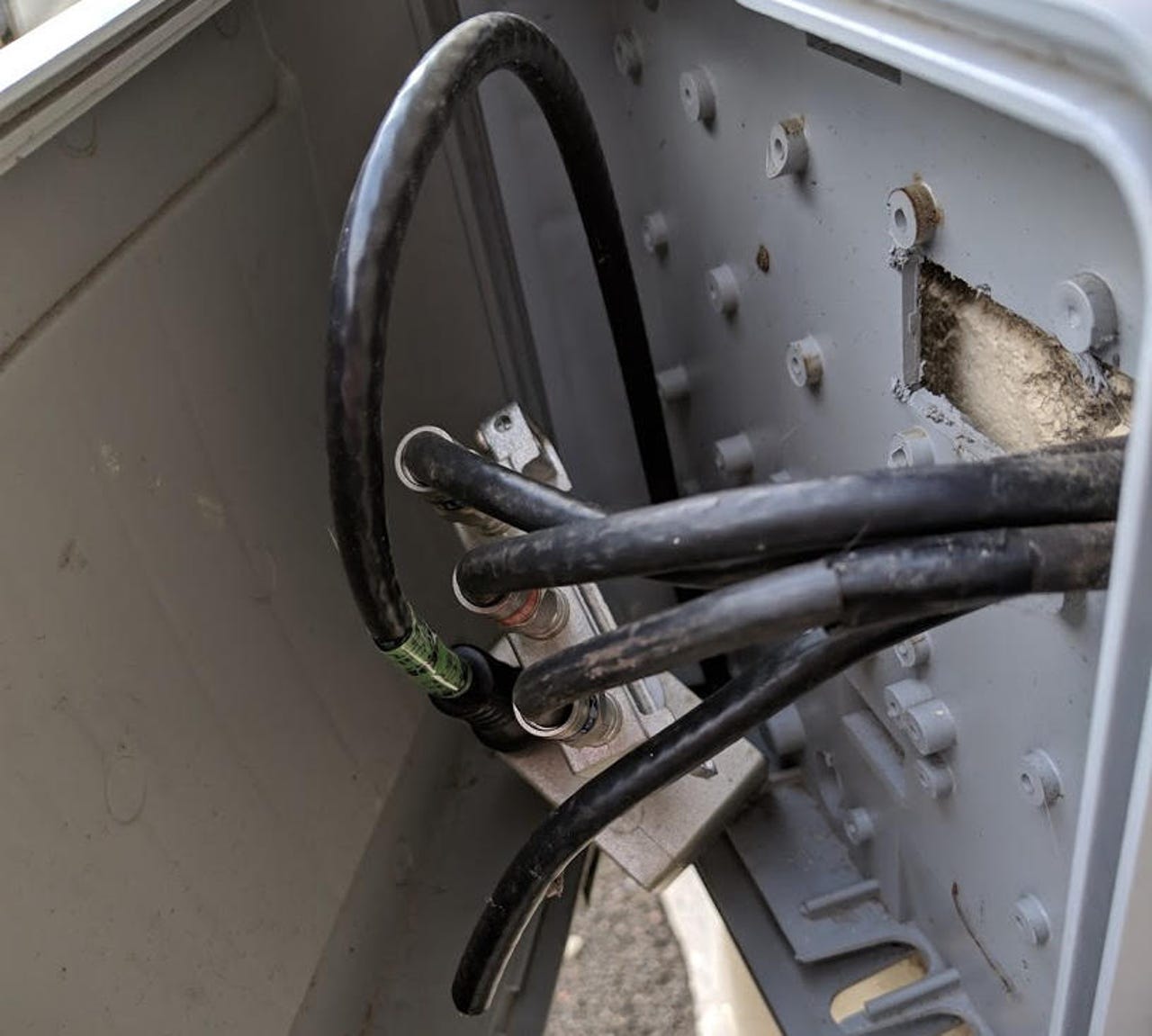ACCC pauses NBN inquires until coronavirus pandemic stabilises

The Australian Competition and Consumer Commission (ACCC) has announced it would pause its NBN entry-level access pricing and wholesale service standards inquiries to allow the industry to deal with the coronavirus pandemic that is sweeping the planet.
At the same time, the consumer watchdog also released a position paper on each inquiry.
The ACCC paper for the pricing inquiry proposes a different entry-level plan to that offered by NBN in November.
Whereas NBN is offering 12/1Mbps with 1.1Mbps of capacity per connection at a price of AU$35, the ACCC wants the capacity upped to between 1.31Mbps or 1.42Mbps for the same cost. The ACCC said it had created this new plan based on bandwidth data from retailers.
"This information indicates on its face that RSPs would be very unlikely to introduce or continue to supply unlimited broadband products over the NBN at a price of AU$60 per month based on NBN Co's modified ELB (entry level bundle) offer," the paper said.
"Instead, retailers would have to reduce quota, reduce busy hour speeds, and/or increase price to avoid incurring losses on the supply of their entry-level NBN services."
The paper also pointed out that most NBN plans are now offered through discounting, a pricing mechanism that retailers are against due to the lack of certainty and transitory nature of the offers. The ACCC said discounting was a divergence from the objectives of the Special Access Undertaking (SAU) between the consumer watchdog and NBN.
"The SAU was intended to achieve a balance between providing some flexibility to NBN Co in relation to setting prices and providing a high degree of pricing certainty to RSPs. The SAU was also intended to provide a range of safeguards around prices for new services and withdrawal and modification of products," the ACCC said.
See also: ACCC flags shifting NBN rebates for late connections and faults to daily penalty
The pricing paper also said the ACCC would not be looking further into regulating higher speed tiers; nor would it consider regulating fixed wireless and satellite consumers since they are not having their legacy copper lines switched off and so, are not forced onto the NBN and can stay with ADSL if they wish; and despite arguments from NBN and the Department of Communications to the contrary, the ACCC said it was satisfied with its powers when making a final access determination (FAD).
"We do not consider it is likely that any FAD we were to make could prevent NBN Co from taking steps reasonably necessary to achieve uniform national wholesale pricing," the ACCC said.
For its wholesale service standards paper, the ACCC reiterated its view from its October draft decision to shift the NBN rebate system from a one-off payment to a daily penalty, in addition to boosting the amount of the rebate.
The draft decision proposed to increase the size of the rebate for missed appointments by the NBN from AU$25 to AU$75. It would also make the rebate charged for late connections and fault repairs be accrued daily and add a AU$20 rebate for fixed wireless users who are connected to a congested cell.
"In the course of this inquiry, the ACCC has found that NBN Co's wholesale arrangements on key aspects of service delivery, including connections, fault repairs, keeping appointments and network speed performance lack clear and strong service commitments and appropriate recourse when service levels are not met," the ACCC position paper said.
"We have found that NBN Co's service level commitments have either been expressed in terms of 'best efforts', have focussed on overall or average performance rather than individual service outcomes, or both. Although NBN Co has shown considerable improvements in meeting service level targets, and in other aspects of service delivery over the course of the inquiry, the focus on overall or average performance can mask instances of poor service outcomes for individual consumers."
While maintaining its view that it needed to introduce a FAD to impose a new set of service level commitments on NBN, the ACCC said now was not the right time to do it, and if introduced, it could constrain NBN's response to coronavirus.
Earlier this week, the ACCC granted a working group made up of NBN, Telstra, Optus, TPG, Vodafone, and Vocus authorisation to coordinate financial support and congestion strategies.
The ACCC will be classed as an observer of the group, with any decision taken to be reported by NBN to the ACCC and retailers that are not part of the group. The ACCC said authorisation could be revoked at any time.
In its application for authorisation, NBN sought a six-month approval beyond its standard network delivery objectives to give: Greater or priority access to groups such as health and education centres, the elderly, or vulnerable people in rural and remote areas; the ability to restrict the supply of "certain hardware and services" depending on location or certain customers or customer groups; as well as to be able to share generic customer information, demand forecasts, and logistics information.
The application was needed as the proposal would violate clauses of Australia's Competition and Consumer Act.
More from Australia
- NSW Transport rolls out automated pedestrian crossings to greater Sydney
- Aussie telco heavyweights create group to handle COVID-19 network surge
- NBN to give RSPs three month 40% capacity boost to handle coronavirus load
- NBN to skip TCP/IP overprovisioning for 1Gbps plans
- Coronavirus response sees Telstra pause job cuts for six months
- How Asia Pacific airlines are handling coronavirus travel restrictions
- Myer continues to operate online as all stores close
- Australia's hospitality sector goes contactless to reduce COVID-19 spread
